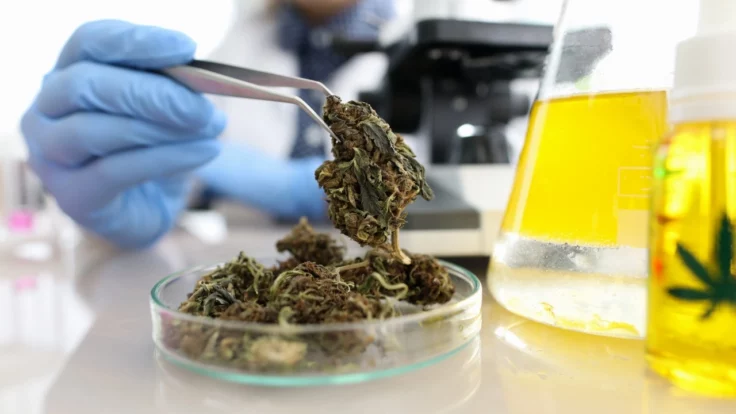Montana Cannabis Lab Closes Amid Testing Concerns, Sparking Statewide Debate
HELENA— A cannabis testing laboratory in Montana has closed its doors, sparking concerns over testing accuracy and oversight in the state’s burgeoning cannabis industry.
Stillwater Laboratories, owned by Ron and Kristine Brost, raised alarm bells regarding the possibility that the state’s METRC software system might inadvertently approve large amounts of cannabis without adequate testing. The owners expressed to the Daily Montanan that they anticipated a rise in testing paralleling the statewide sales surge following the legalization of recreational cannabis. Yet, they argue, the testing volume hasn’t kept pace with the sales metrics.
The Brosts emphasized the undue responsibility placed on labs to verify the legality of cannabis, a burden intensified by federal constraints. This issue mirrors challenges in states like California and Colorado, where the regulatory landscape remains in flux.
“They’ve used the labs as proxy regulators because they don’t want to touch the stuff,” Kristine Brost commented.
Nathan Kosted, a former Stillwater Labs employee, associated some issues with the shift in program supervision from the Department of Health and Human Services to the Department of Revenue, implying a possible change in focus from health to taxation.
“(The DOR’s) purpose is tax collection,” stated Kosted. “The DOR is in the business of regulating income and taxation.”
Acknowledging the METRC software challenges, Kristan Barbour, the director of Montana’s cannabis program, confirmed the difficulties in tailoring the software to Montana’s unique regulations. Yet, she emphasized ongoing solutions, including the establishment of a Cannabis Control Division Inspection Unit.
As concerns persist over the discrepancy between sales figures and the volume tested, Ron Brost noted, “Based on the revenue that the DOR is collecting, there should be two to three times more marijuana being tested than currently.”
Kristine Brost added, “None of these numbers are lining up. We have no idea where the extra (sales) volume is coming from.”
However, Barbour presented data showing a 29% increase in samples tested from 2021 to 2022, coinciding with the period recreational use became legal in Montana.
State Rep. Mike Hopkins, a Missoula Republican who was instrumental in the 2023 cannabis legislation, praised Montana’s transition into the cannabis market, comparing it favorably to states like Colorado or California. Hopkins emphasized the effectiveness of well-defined policies and procedures over the specific entities managing them.
“The state had to set up this whole new industry, and it’s currently working very well,” Hopkins mentioned. “It’s about the standards and the practice. Are they doing a good job? And I think they are.”
This evolving situation underscores the broader challenge many states face in balancing the economic opportunities from cannabis legalization with ensuring proper oversight and public safety.



































